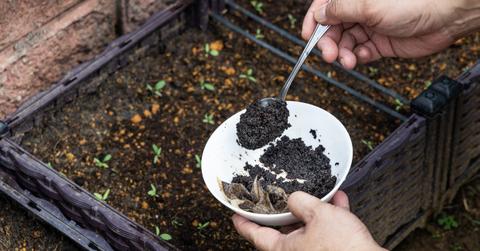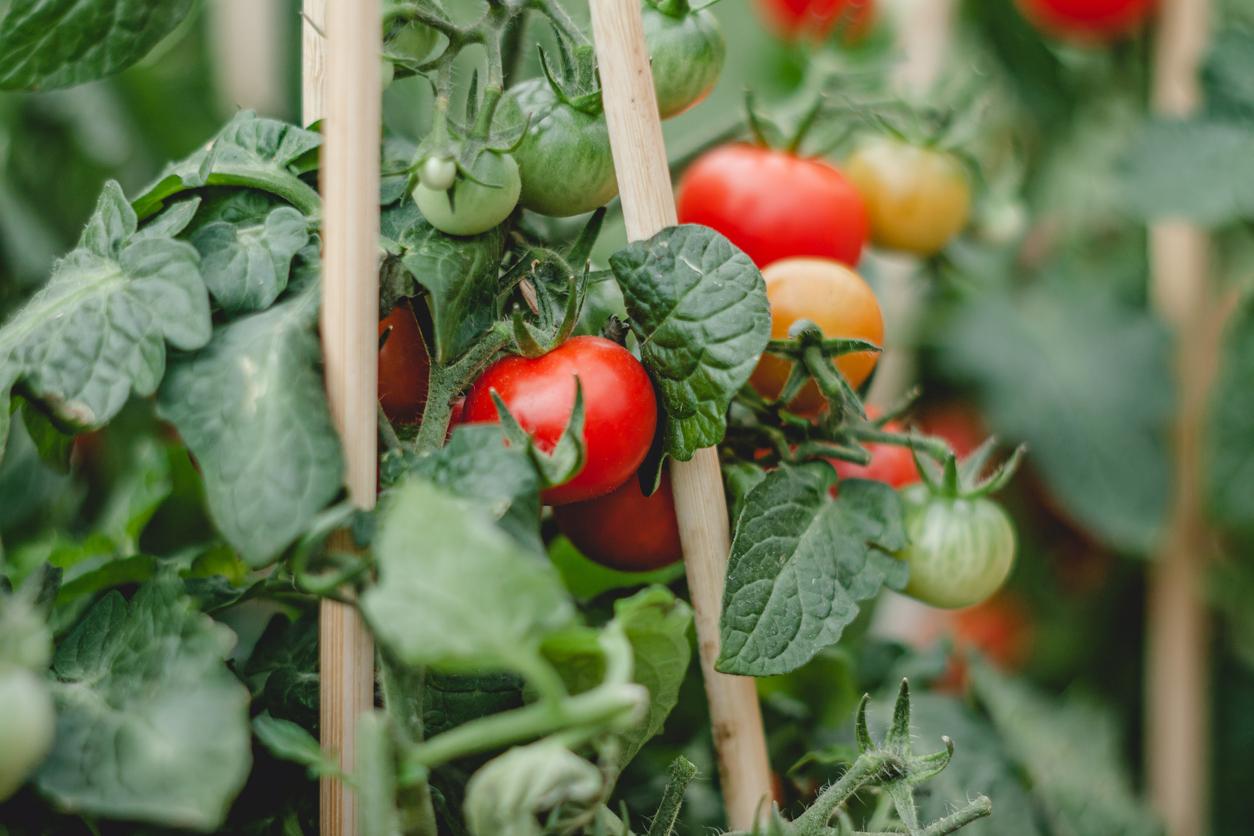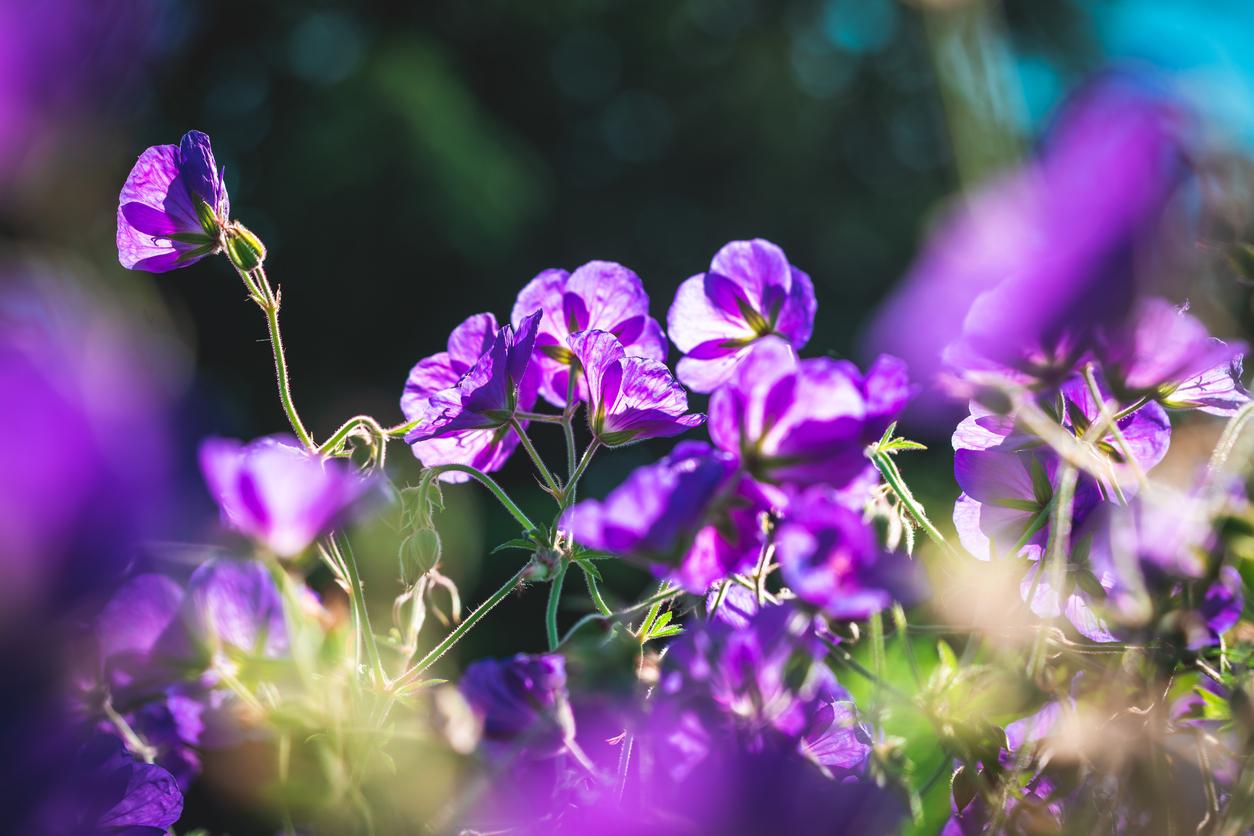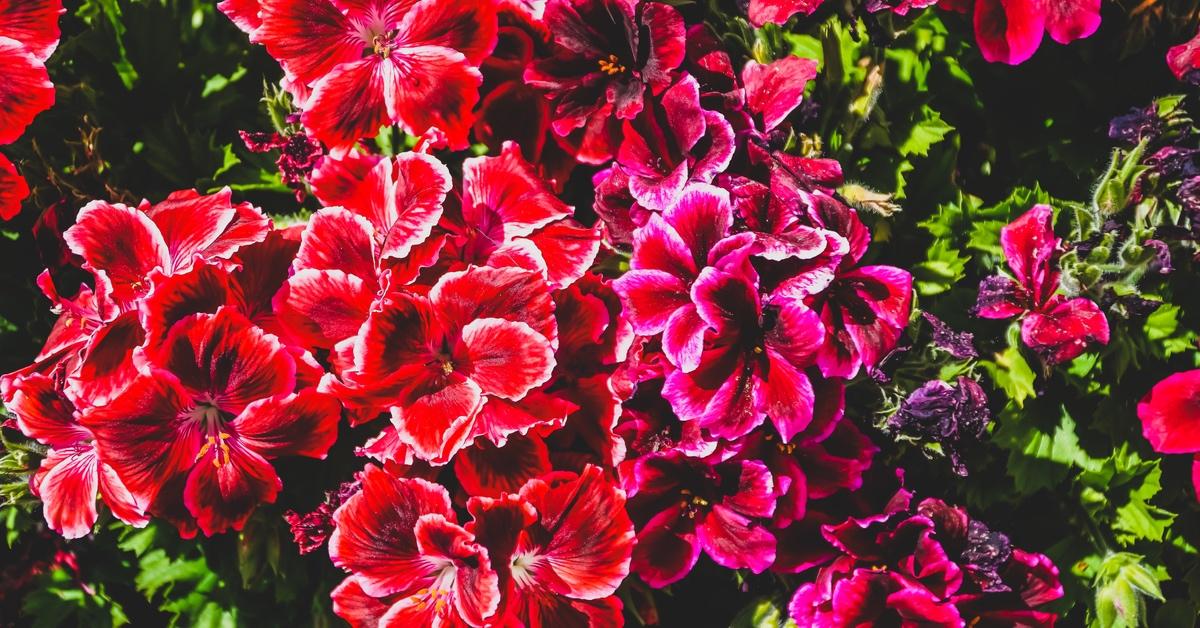Are Coffee Grounds Good for Tomato Plants? How Your Morning Joe Can Help (or Harm) the Garden
Published Jan. 9 2024, 3:56 p.m. ET

We all know that coffee is amazing, but apparently, it’s capable of more than we could ever imagine. As it turns out, coffee grounds are good for tomato plants when used in moderation. Who would’ve guessed it?
So, the next time you finish your morning cup of joe, it might be a good idea to save the leftovers. Stick around to learn the ins and outs of using this natural fertilizer in your home garden.
Are coffee grounds good for tomato plants?

When it comes to natural fertilizers, coffee grounds probably aren’t the first thing most people think of, but it might be time for that to change. Many common crops can benefit from these leftovers, including tomatoes.
However, before you go and add a pound of coffee grounds to your plants, we have to get our facts straight. While it’s true that grounds might help your tomatoes, it could also harm them — the key is to learn exactly how and when to apply it.
If used in moderation and under the right circumstances, coffee grounds can act as a helpful hand. By itself, the remains are too acidic — to put it to use effectively and safely, it should be mixed with another substance or diluted, according to HGTV. For example, you could mix your coffee grounds with compost.
Despite researchers discovering that the leftovers have the potential to help tomato plants suppress diseases, these findings aren’t easily replicable. It’s possible, but due to so many different factors at play, you’re not guaranteed the same results.
All in all, it’s best to use coffee grounds sparingly, at least for tomato plants. If you’re still looking for an alternative way to give your tomatoes a boost, try adding banana peels or making banana water, according to Reader’s Digest.
What plants don’t like coffee grounds?

Some plants aren’t tolerant of coffee grounds at all. Using these seemingly innocent leftovers in your garden can actually inhibit the growth of certain crops. This is the complete opposite of what gardeners want.
The growth of plants like asparagus fern, geranium, Italian ryegrass, and Chinese mustard can be harmed by the application of coffee grounds. Typically, the negative consequences are the result of high acidity levels.
As you might have noticed, the pH level of your soil is extremely important when gardening. When soil is too acidic, nutrients become less available to plants or even moved below the root zone, and elements can increase to toxic levels, according to Agriculture Victoria. Low pH levels can also create an unfavorable environment for bacteria, essential to maintaining plant health.

Caffeine in coffee grounds might be another reason behind the negative impacts on plants. If too much caffeine is in your leftover grounds, it could distort — or even kill — plant cells, which would cause the plant to stop growing and eventually die, according to Gardening Know How.
It’s probably disappointing to learn that coffee grounds aren’t all they’re cracked up to be. However, you can still use them to your advantage. They might not help all of your plants grow big and strong, but they could help you kill unwanted growth like weeds.